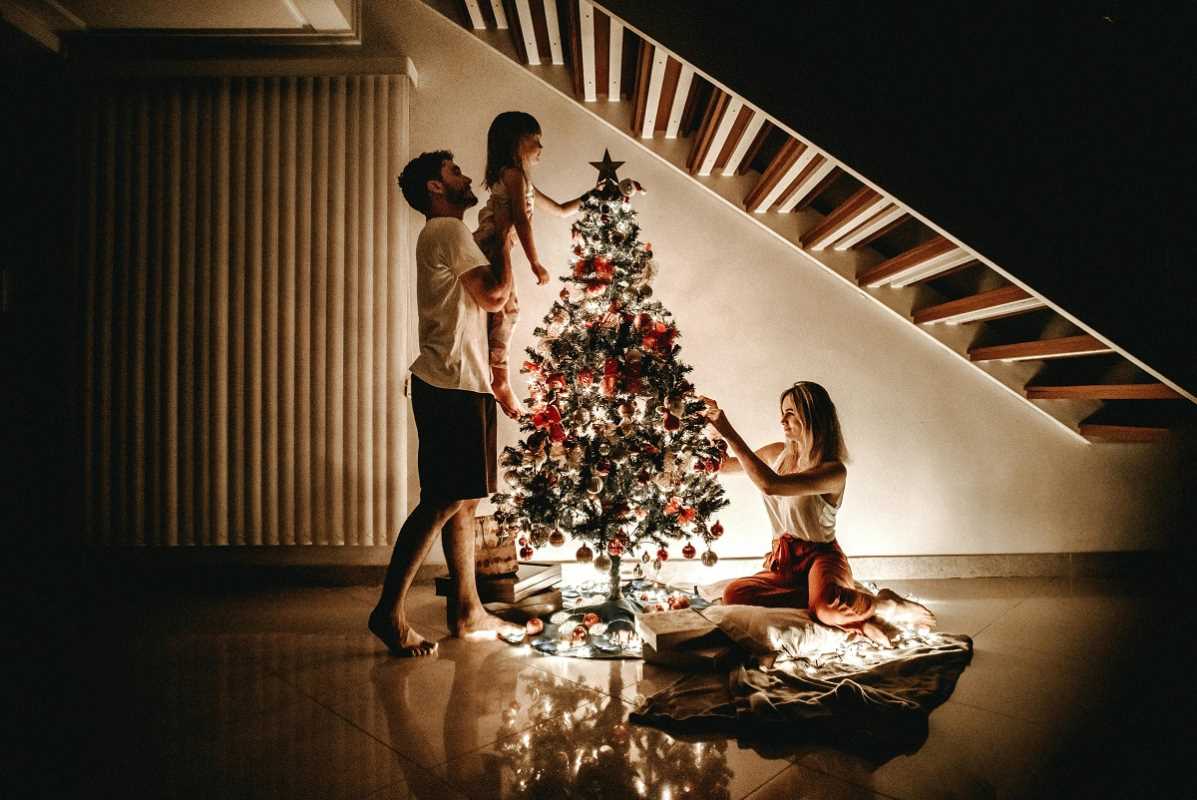Parenting is often described as one of life’s most rewarding yet challenging endeavors. For many parents, it comes with the added complexity of navigating inherited behaviors and attitudes passed down from previous generations. These generational cycles can shape how we approach discipline, affection, communication, and conflict. While some inherited patterns may be positive, others might perpetuate unhealthy family dynamics, leaving long-lasting effects on children.
Breaking generational cycles of unhealthy parenting doesn’t happen overnight, but it is entirely possible. It requires self-awareness, conscious effort, and a willingness to create a healthier path for the next generation. Here’s a guide to understanding these cycles, their impact, and how parents can break free from negative patterns.
What Are Generational Cycles in Parenting?
Generational cycles in parenting refer to the behaviors, attitudes, and mindsets that are passed down within families over time. These patterns are often “inherited” not through genetics but through observation and unconscious repetition.
For example:
- A parent who grew up in a household where yelling was the default way to solve problems might find themselves raising their voice during conflicts with their own children.
- A parent whose own caregivers were emotionally distant or critical might struggle to express affection or provide emotional support.
These cycles are deeply ingrained because they were often learned during childhood when our understanding of relationships and caregiving began to take root. Without actively reflecting on these learned behaviors, parents often repeat them, even when they recognize the harm they experienced from such approaches.
However, not all generational cycles are negative. For instance, a family with strong traditions of open communication or encouragement may pass those positive practices down. The challenge is identifying which patterns need to be kept and which ones must be changed.
The Impact of Generational Cycles
Negative generational cycles can affect not only individual child development but also broader family dynamics.
On Children
Children raised amidst ineffective or harmful parenting practices may experience issues such as low self-esteem, difficulty regulating emotions, or challenges building healthy relationships later in life. For instance:
- Harsh Discipline: A parent who continues the cycle of corporal punishment might inadvertently teach their child that physical force is an acceptable way to handle problems.
- Lack of Emotional Support: A parent who avoids emotional discussions might unintentionally make their child feel unsupported or unheard.
These impacts can shape a child’s sense of self-worth and how they relate to others, potentially perpetuating the cycle into the next generation.
On Family Dynamics
Generational patterns also affect how family members interact. Dysfunctional communication styles, unspoken resentment, or a culture of silence about feelings can all erode trust and connection within the family. Over time, these cycles will likely come to feel “normal,” making them harder to challenge.
Acknowledging these impacts is the first step toward breaking the cycle. By choosing to address past hurts and adopt healthier patterns, parents can rewrite the narrative for their families.
Strategies to Break Negative Generational Cycles
Breaking generational cycles takes courage and intentional effort. Here are actionable strategies to help parents make meaningful changes in their parenting approach.
1. Commit to Self-Reflection
Self-awareness is the foundation of change. Take time to examine the parenting strategies you inherited and how they influence your behavior today. Ask yourself questions such as:
- How did my caregivers handle discipline, affection, and conflict?
- What behaviors or attitudes do I find myself repeating with my kids?
- Which of these patterns do I want to change?
Journaling, conversations with trusted friends, or simply taking mindful moments to reflect can help you identify the parenting habits that may no longer serve you or your children.
2. Acknowledge the Legacy of Trauma
For many families, generational cycles may also involve unresolved trauma. Be it neglect, abuse, or emotional unavailability, these legacies can quietly shape how one parents. Recognizing and naming these traumas can be an important step toward breaking free from their influence.
- Reassure yourself that acknowledging past harm does not mean blaming your own parents; it’s about understanding patterns to create change.
- If the past is overwhelming or triggering, seek the support of a mental health professional to help unpack and heal these experiences.
3. Open Yourself to New Parenting Techniques
Breaking old cycles means moving toward something healthier. This often involves learning parenting skills that might not come naturally.
- Emotion Coaching: Teach your child to identify and manage their emotions without shame. For example, instead of dismissing a tantrum with “Stop crying!” try saying, “I see you’re upset. Can you tell me what’s wrong?”
- Positive Discipline: Transition from punitive or fear-based discipline to approaches that focus on teaching and guiding. For instance, instead of using threats, explain why certain actions have natural consequences or reinforce positive behaviors with rewards.
There are countless books, courses, and online resources available to help parents adopt evidence-based methods for raising emotionally healthy children.
4. Communicate Openly
Make space for open and honest communication in your family. Create an environment where your child feels safe discussing their feelings, asking questions, or sharing concerns without fear of punishment or dismissal.
For example:
- Replace critical comments (“Why can’t you do anything right?”) with constructive support (“I see you’re having trouble; how can I help?”).
- During tense interactions, take a deep breath before reacting and strive to approach the conversation calmly and constructively.
5. Seek Professional Guidance
Therapy isn’t just for people who feel they’re struggling—it’s a valuable tool for anyone wanting to grow and heal. Family or individual therapy can provide insight into generational patterns, help process unresolved issues, and equip parents with healthier strategies to address their challenges.
If therapy isn’t an option, parenting groups, workshops, or community resources can provide support and guidance.
6. Harness Empathy and Self-Compassion
It’s easy to be critical of ourselves when old patterns resurface, but change is hard, especially when you’re dealing with years of ingrained habits. Instead of beating yourself up, show yourself the same empathy and patience you’d offer your kids.
For example:
- When you lose your temper, reflect on it afterward and decide how you’ll respond differently next time.
- Remind yourself that breaking cycles is a process, with progress often coming in small steps instead of big leaps.
7. Model the Change You Want
Children learn by watching, so modeling the behaviors you hope to teach is crucial. If you want to promote kindness, show kindness in your interactions. If you prioritize emotional openness, speak openly about your emotions in a healthy way. These actions demonstrate to your child how positive relationships function.
Transforming Negative Patterns into Positive Practices
Breaking generational cycles doesn’t mean throwing away everything you’ve learned; it’s about building on what works and changing what doesn’t.
For example:
- If your childhood home lacked verbal affection, start using phrases like “I’m proud of you” or “I love you” daily with your own children.
- If disagreements were once met with yelling, practice active listening and collaborative problem-solving instead.
Small, intentional changes can snowball into entirely new family dynamics that positively affect generations to come.
Moving Toward a Healthier Future
The work of breaking generational cycles is often challenging and requires consistent effort. But it’s also one of the most meaningful acts any parent can undertake. By recognizing the patterns of the past and striving to create a different future, you’re not only providing your children with a solid foundation—you’re also giving yourself the opportunity to parent from a place of growth and healing.
Remember, it’s okay to stumble along the way. Parenting is never about perfection—what matters is progress. Every small step you take toward healthier communication, discipline, and connection will have lasting effects on your children and future generations.
You have the power to rewrite your family’s story, creating a legacy of love, respect, and empathy that your children can carry forward. And in doing so, you’re leaving the world just a little brighter for the generations yet to come.






.jpg)
.jpg)